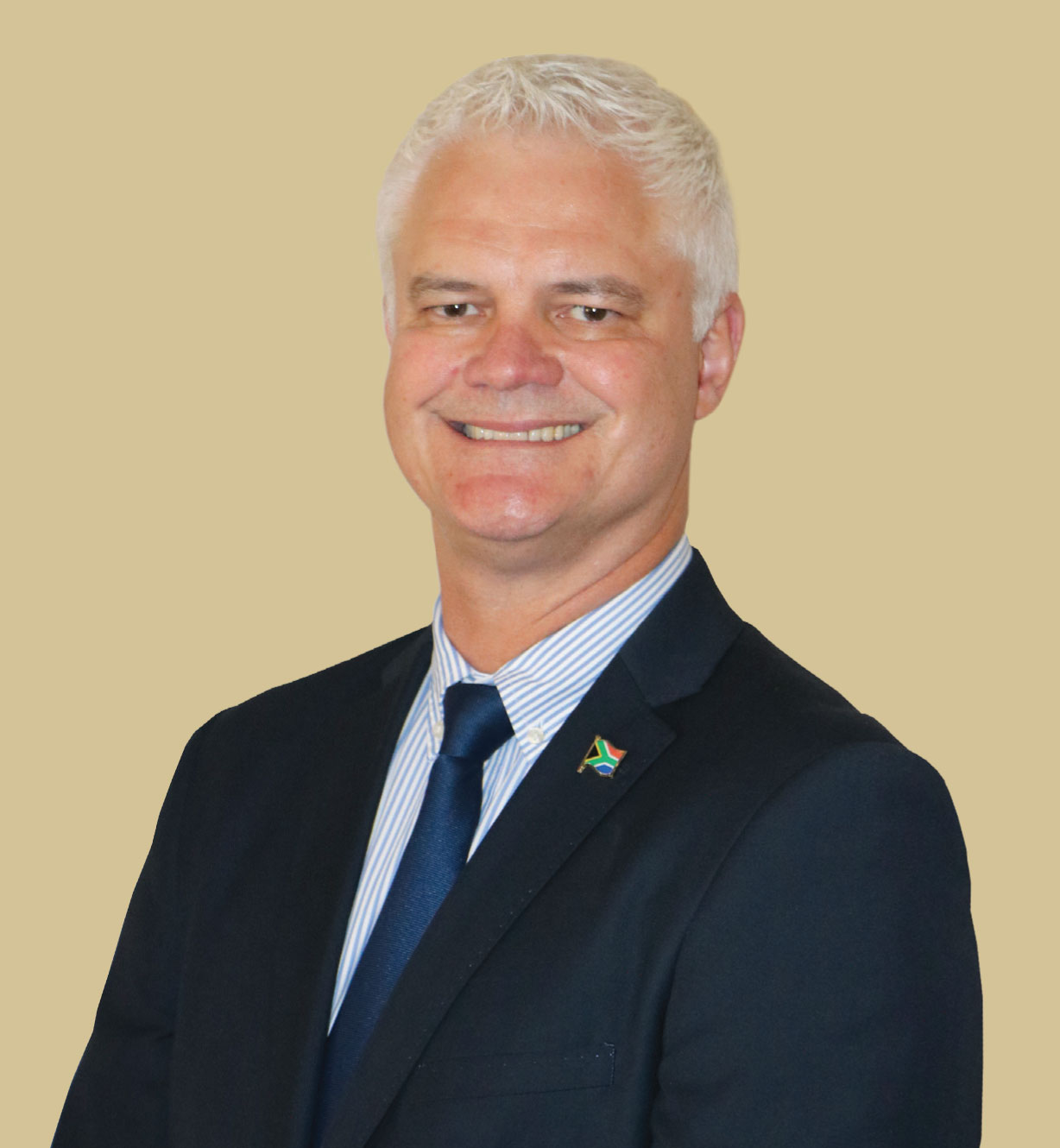
CEO, Grain SA
The agricultural sector and specifically grain producers carry a heavy burden of uncertainty as a result of the drought. This is a one-man battle against the onslaught of the elements and the unpredictability of nature and it takes an incredible amount of courage and perseverance to succeed.
Despite the drought the grain industry remains strong when other countries in Southern Africa are facing famine due to poverty and a lack of production capacity. This underlines the importance of free-market principles with appropriate support measures to ensure internationally competitive production, including logistics, access to the best genetic and other technology and financing to guarantee the sustainability of producers in the face of exceptional weather conditions.
However, I want to assure our members that they are not alone during this time when difficult decisions have to be made. Grain SA works tirelessly to support producers in all spheres. We are in discussion with government regarding the possibility to provide financial assistance through an agricultural disaster fund as well as access to affordable credit solutions and income insurance that could enable producers to weather the storm.
Grain SA’s recent Congress at NAMPO Park left me with lasting impressions of a varied kind. The organisation has been streamlined to tackle challenges on behalf of our members through establishing clearer command structures and a division into separate group structures to serve direct member interests as well as development, transformation and research. In this regard I would like to thank our chairperson, Derek Mathews, and vice-chairpersons, Richard Krige and Jeremia Mathebula, for their leadership and insight.
David Hughes, vice-president of the International Farm Management Association in Argentina, told attendees at Congress that South African grain producers are part of an international brotherhood of producers facing similar price, production and market challenges every season. It was interesting to see that many of our challenges are shared with international producers, but also how different and unique some of our challenges are. It was particularly fascinating to hear how our Argentinian counterparts tackle the mutual obstacles such as climate change and production and market challenges with a typical resourceful approach – and that with limited resources! Hughes also emphasised the importance of fostering communication channels with government and the full agri value chain to drive results – something that Grain SA strives for on a daily basis.
With global challenges in agriculture, the need for cooperation and sharing of knowledge between farmers is crucial. Through sharing experiences, exchanging best practices and working on solutions together, producers can create a strong and resilient international community that can benefit the future of agriculture worldwide.
David O’Sullivan, co-author of the book Rassie: Stories of Life and Rugby, inspired attendees of Congress with Rassie Erasmus’ innovation and approach to the management, gameplan and development of South African rugby that culminated in successive World Cup victories.
Just as a rugby team needs a gameplan in order to win, a farm thrives with a clear vision and strategy. Grain production – just like the game of rugby – is a process of continuous adaptation, endurance and an iron will to face not only familiar, but also unknown and often unexpected challenges.
Early in his rugby career, Rassie started to use technology to analyse the opponents’ play. He realised – just like farmers – that you cannot know what you do not measure. In this regard I am looking forward to the NAMPO Harvest Day’s focus on ‘Agriculture in a digital era’. Technology enables producers to measure and analyse production and optimally apply inputs.
A successful producer cannot rely only on his individual abilities either, but forms part of a larger community and value chain. It is a team effort – for example, think of the important contributions of your family, employees, even your neighbours and the various agriculturally oriented advisors. Rassie managed to inspire and align rugby administrators, politicians, ex-players and the public in order to create an environment in which the Boks could excel.
O’Sullivan also shared that Rassie is especially proud of his programme to tackle transformation. He turned a seemingly insurmountable challenge into a strategic advantage by creating an atmosphere in which young players from diverse backgrounds could inclusively grow and flourish into the most competitive team in the world. In the same way Grain SA works every day to create an environment where future producers from different backgrounds can achieve success in agriculture.
With the general elections taking place in South Africa soon, we can expect an increase in populist and sometimes inflammatory political statements that will put the agri environment in the crossfire in order to gain votes.
However, it is imperative for producers to remain calm amid this political noise. Knowledge about the political landscape’s impact on the agricultural sector is important, but don’t let the emotional storm of the political debate affect your sound judgement. Focus on the things you have control over. Grain SA will certainly champion your cause where you do not have control over the processes and whenever you are looking for a solution to a problem – try thinking in rugby terms.












